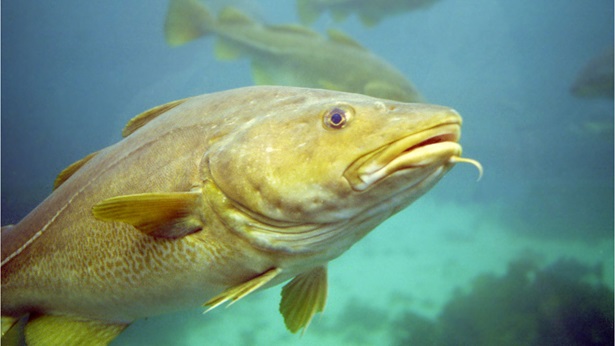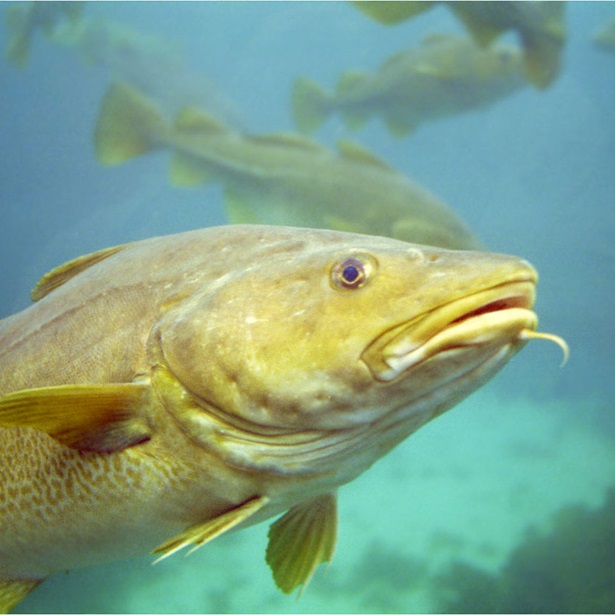The Magnuson-Stevens Act
A bipartisan legacy of success
Since 1976, when what is now called the Magnuson-Stevens Fishery Conservation and Management Act (MSA) was first signed into law, Republicans and Democrats have agreed that conserving America's ocean fish makes good economic and environmental sense. Today, Congress should continue this tradition of bipartisan support for the MSA and preserve its legacy of success by opposing any efforts to weaken the law.
 Associated Press
Associated PressPresident Bush signs the Magnuson-Stevens Fishery Conservation and Management Reauthorization Act of 2006. Behind him are lawmakers from both parties. He is joined by Sen. Ted Stevens (R-AK), left; Sen. Olympia Snowe (R-ME); Rep. Nick Rahall (D-WV); Rep. Jim Saxton (R-NJ); Rep. Frank Pallone (D-NJ), Rep. Don Young (R-AK); Commerce Secretary Carlos Gutierrez; and Rep. Wayne Gilchrest (R-MD).
Over the years, Congress has recognized the value of protecting ocean fish resources from overfishing (taking fish faster than they can reproduce) by providing managers with the legal tools to sustainably manage our nation's ocean fisheries. Through multiple reauthorizations, Congress strengthened the MSA by mandating an end to overfishing through science-based annual catch limits and also by requiring that depleted fish populations be rebuilt to healthy levels that can support thriving commercial and recreational fisheries. Both Republicans and Democrats have supported this law since it was enacted more than 35 years ago.
- In 1976, the Fishery Conservation and Management Act (the precursor to the MSA) was passed with bipartisan support; its aim was to eliminate rampant foreign fishing off the U.S. coast and promote the domestic fishing industry. Even at this time, the law called for management measures designed to prevent overfishing.
- In 1996, 47 Republican senators, led by Ted Stevens (AK), and 38 Democrats voted to pass the Sustainable Fisheries Act amendments to the MSA, which shifted the focus of the act from promoting fishing to conserving sustainable fish populations.
- In 2006, Republicans and Democrats, again led by Sen. Stevens, worked together to strengthen the MSA by requiring managers to set science-based annual catch limits that do not allow overfishing. President George W. Bush signed the reauthorization, with these strong conservation requirements, into law on Jan. 12, 2007.
The requirements are working, providing economic benefits to fishing communities and the nation as a whole, and promise to provide even greater returns as fish populations rebuild. According to the National Marine Fisheries Service (NMFS), rebuilding all U.S. fish populations would lead to a $31 billion increase in annual sales and support for half a million new U.S. jobs.
Congress should continue this bipartisan tradition and support the MSA by providing increased and dedicated funding to strengthen research and monitoring programs, which are critical for sustainable fishing.
To view footnotes and bipartisan quotes, please download the PDF version of this fact sheet.


America’s Overdose Crisis
Sign up for our five-email course explaining the overdose crisis in America, the state of treatment access, and ways to improve care
Sign up

H.R. 1335: The Wrong Way Forward
Bill would undermine progress in conserving and rebuilding fish populations and fail to tackle 21st-century management challenges









